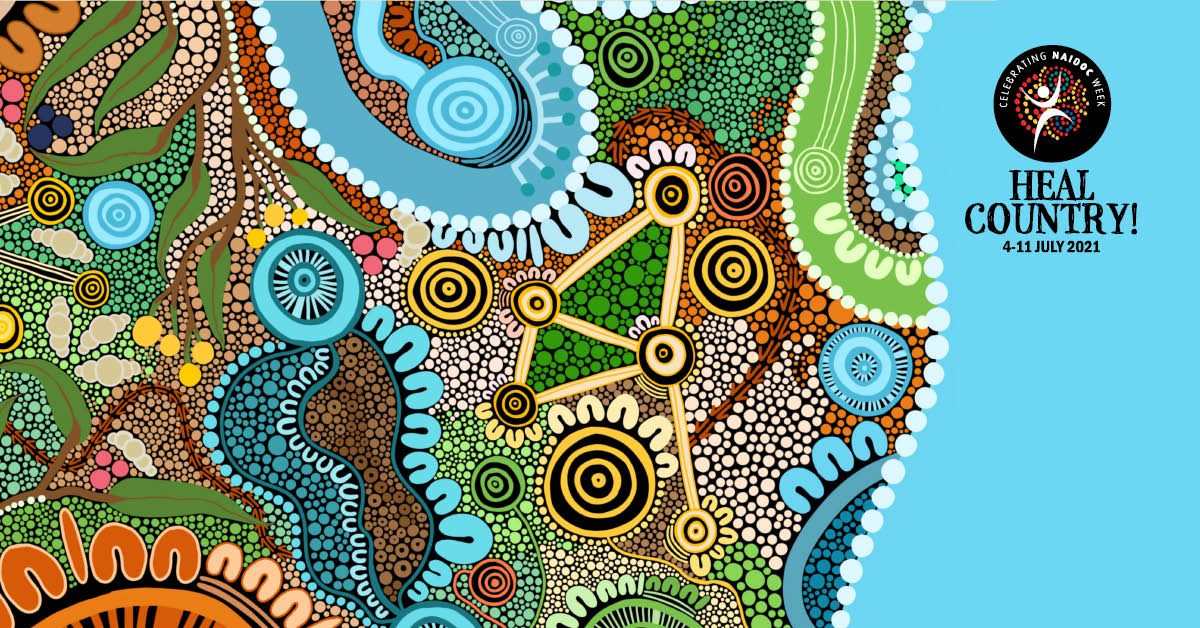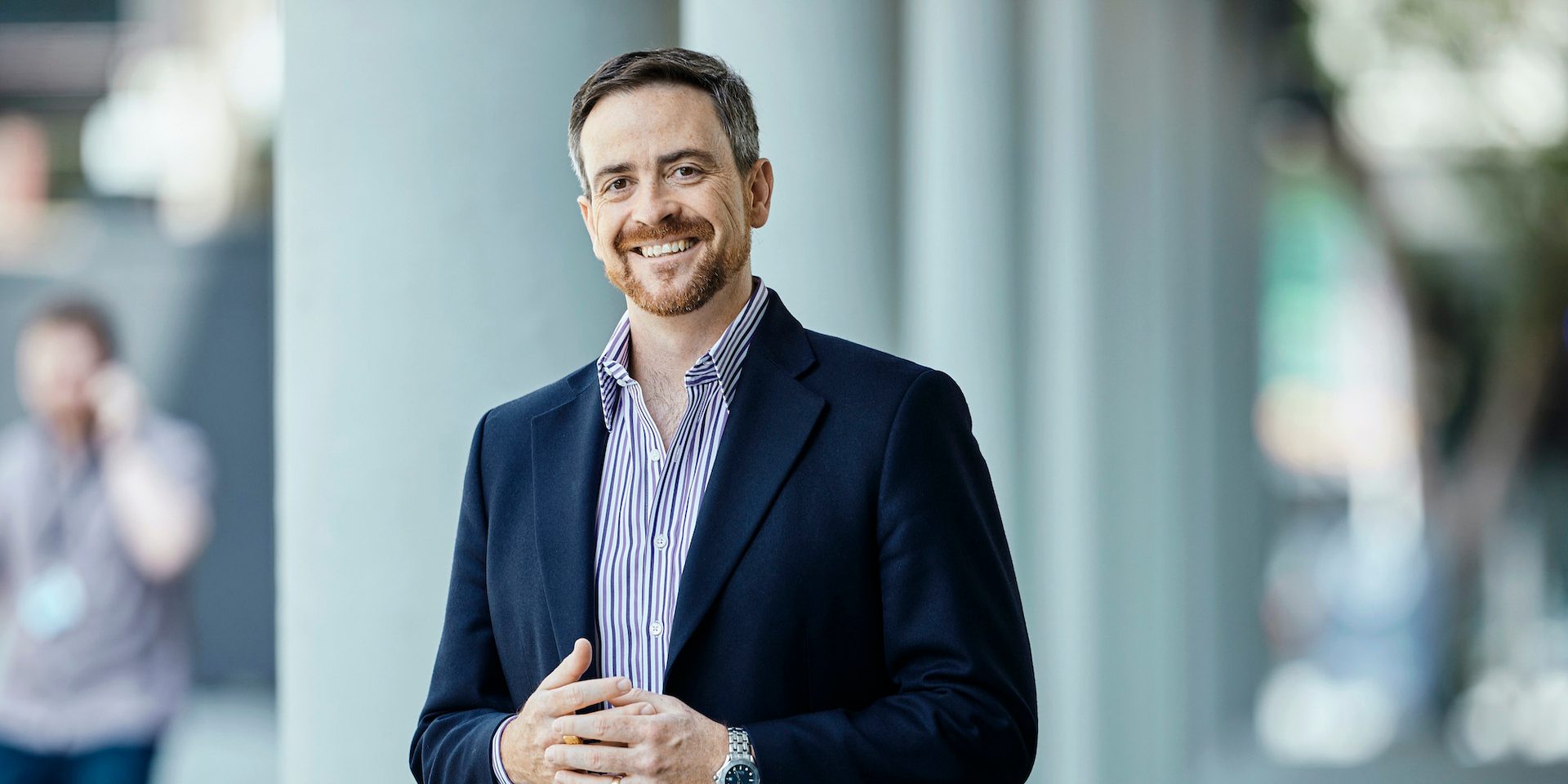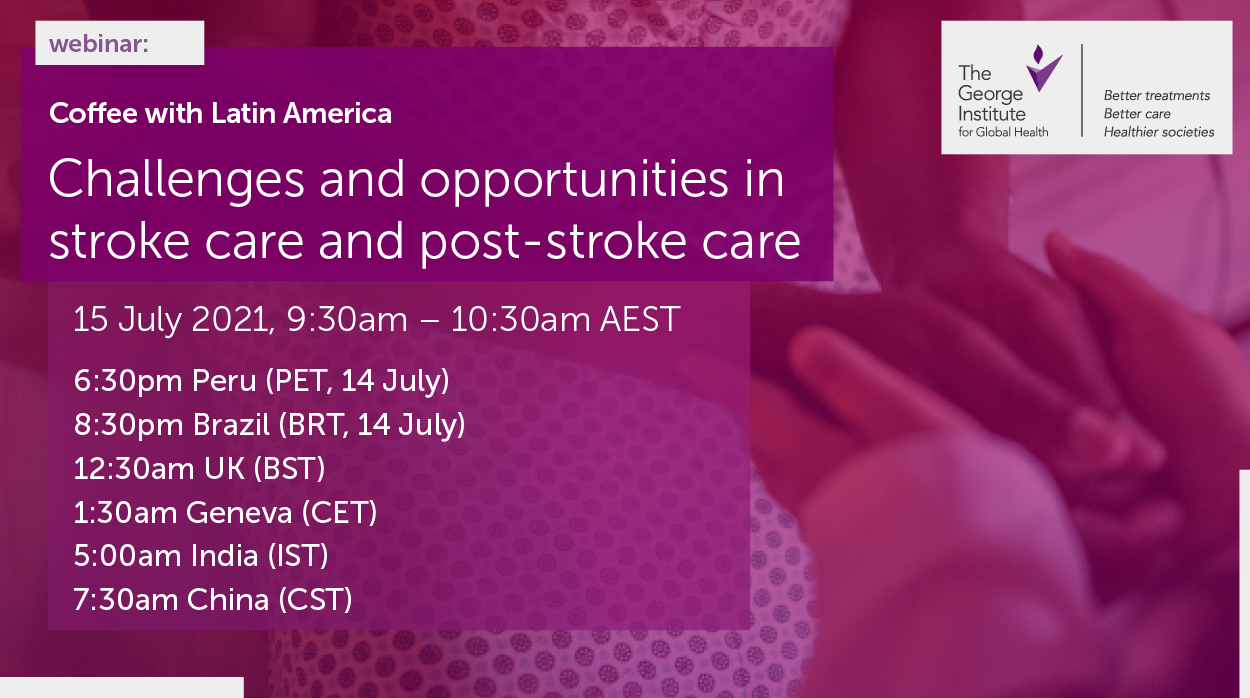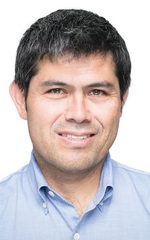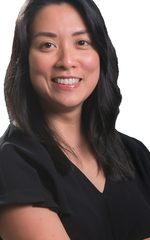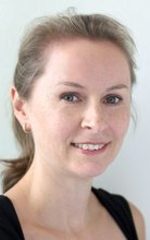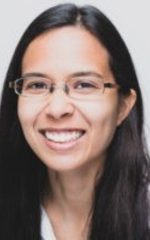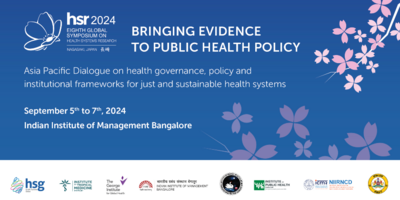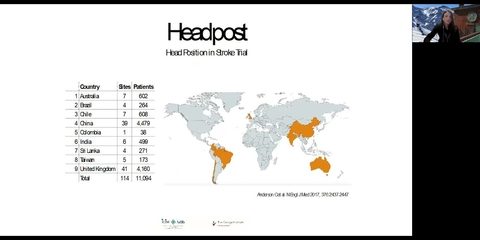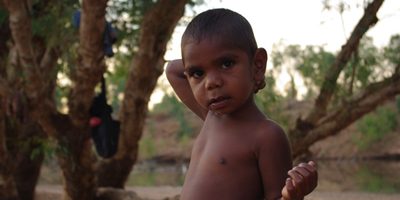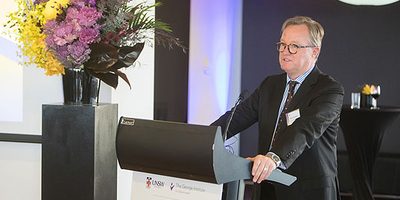Dr Julieann Coombes, Research Fellow in the Aboriginal & Torres Strait Islander Health Program said: “Climate change presents a great risk to all First Nations communities, particularly for those in rural and remote areas. This year’s NAIDOC theme raises questions about how we can all support in healing country.
“Extreme weather as result of climate change has a negative impact on Australia’s First Nations health outcomes by worsening the socio-economic determinants of health and wellbeing.
“Connection to Country, as a central part of Australian First Nation’s culture, is vital for maintaining social, emotional, physical, and spiritual health. This connection to Country and wisdom is passed down to each generation through cultural practices such as hunting, fishing, and gathering bush tucker and medicine that allows the survival of communities. This practice is increasingly disrupted by the impacts of climate change.
“First Nations people have been caretakers of the environment for more than fifty thousand years, protecting lands, respecting wildlife, and caring for Country and waterways with Traditional Knowledge.
“For thousands of years First Nations people have benefited significantly from the healing powers of accessing healthy nutritious foods and fresh water. However, severe climate change is having significant impacts on the wellbeing of First Nations people nationwide.
“Temperature changes have impeded access to nutritional heathy traditional foods. The water ways, ocean and land provide sources of traditional bush food and herbs and fruits that are used as traditional medicine with healing benefits for First Nations people. Extreme weather reduces the availability of fish, bush tucker foods and medicines and have been practiced and passed down through generations. Access to these natural resources is crucial for the health and wellbeing and survival of Australia’s First Nations people and culture.
“Education and awareness on changing environments of traditional homelands is important for all and recognising the knowledge of Australia’s First Nations.”
The George Institute calls on the Australian Government to fulfill its commitments and support stronger action on climate to ensure climate justice for First Nations peoples.

